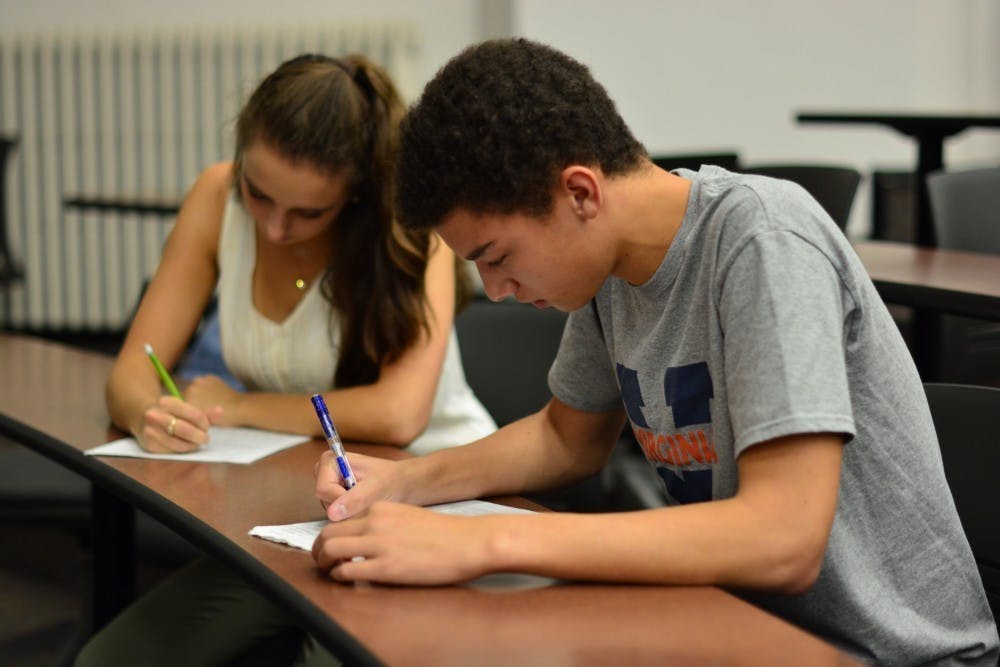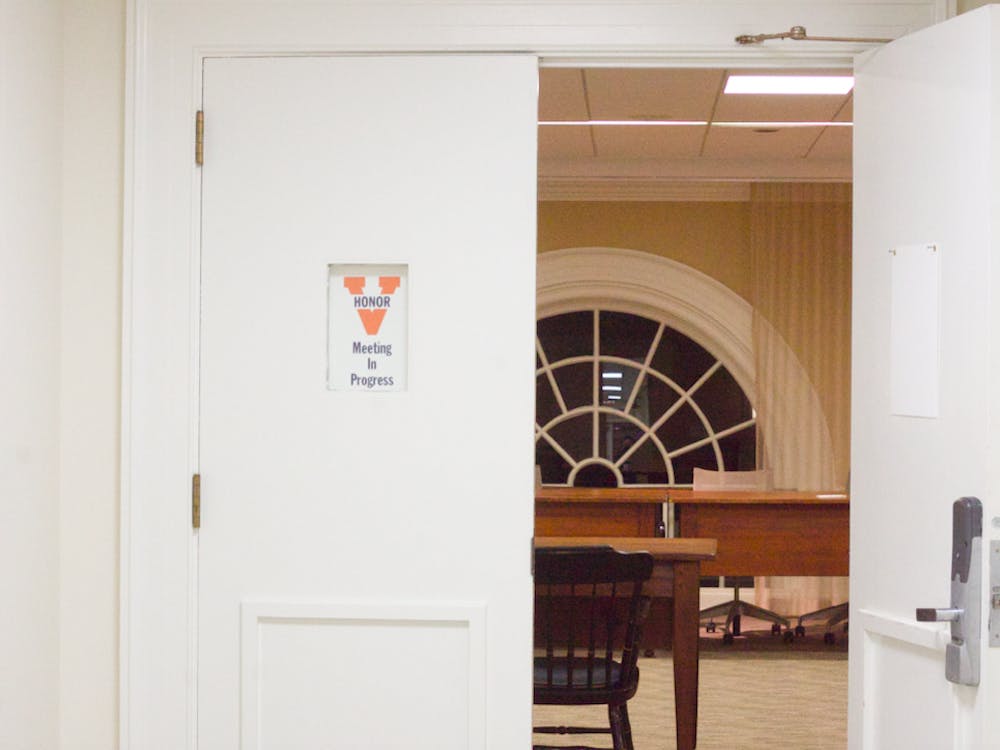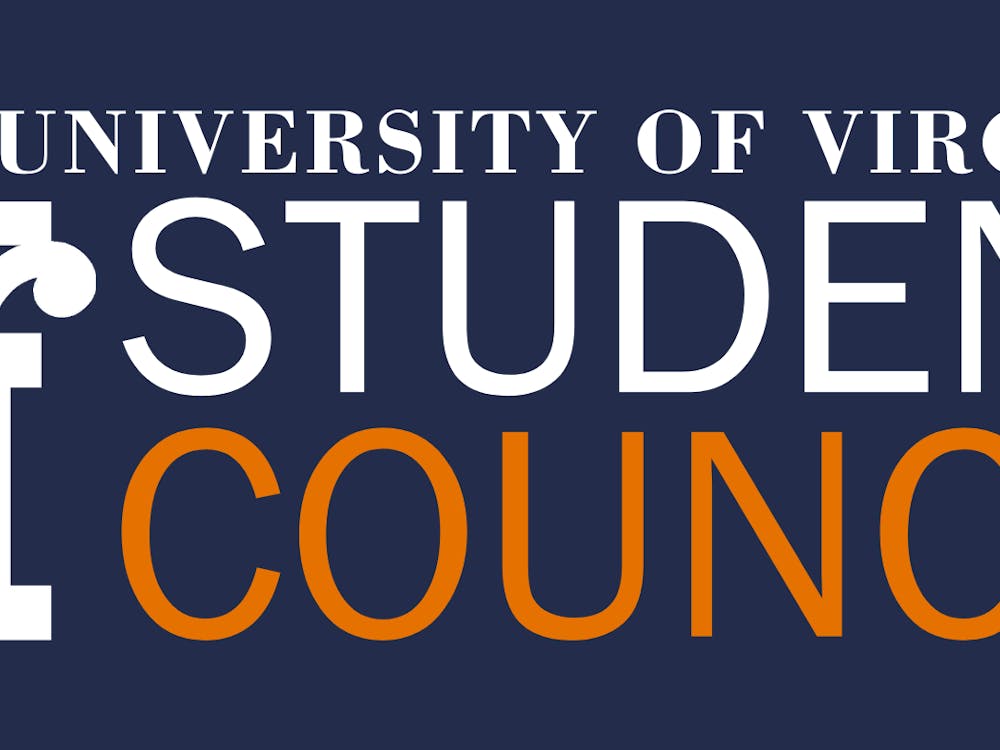Picture this. You’re sitting in a lecture, gearing up for your Spring 2019 enrollment appointment. Like half of your surrounding classmates, many of whom may share your class year or even your major, you’ve stopped paying attention to your professor five minutes ago and moved on to continuously refreshing the Student Information System. When wait — what’s that? Two previously-undetected holds on your SIS account? Your mind floods with worst-case scenarios — you’ll likely be unable to enroll in the critical courses necessary to complete your major requirements, dropout of school and be forced to join your family’s traveling folk band as an unnamed backup dancer as you have neither musical talent nor academic prospects. After talking on the phone with roughly 12 different customer service representatives to solve the technical difficulties and ending up back on the first line you dialed, this is the future you’ve firmly settled on. Unfortunately, this scenario is precisely how the latter half of last Tuesday went for me.
Selecting courses should never amount to such a panic-inducing experience. Unfortunately, students can experience setbacks in their enrollment time for a variety of reasons — from temporary inability to pay off a bookstore debt to failure to complete a module. Moreover, holds take up to 24-hours to clear from the SIS — a time frame that has pressing consequences in the fast-paced process of class enrollment. These temporary delays should not put students at a marked disadvantage in their attempt to secure classes and professors of value. Instead, the University should expand and destress the class selection process both by growing our current network of professors and by actively encouraging professors who already teach popular courses to offer more lectures.
Signing up late for courses can have a huge impact on a student’s academic experience at the University. For example, as I asserted in my article defending the College area requirements, our time at the University should be a period of exploration. In some cases, this exploration consists of taking mandatory, but potentially compelling classes that fall under the general education requirement. In others, however, discovering your academic interests stems from having the opportunity to take that cool, completely random lecture that every lucky upperclassmen has recommended to you. We all know these classes — in most cases, they have absolutely nothing to do with fulfilling general or major requirements, but will certainly serve to broaden our perspectives on the world. Professor Robert Jospe’s Learn to Groove and Professor Stanley Stepanic’s Dracula come to mind as two highly-demanded classes with equally-obscure subject matter.
Beyond the disappointment of not being able to take fascinating albeit odd courses, signing up late for classes can pose a legitimate threat to a student’s ability to fulfill necessary requirements. In many departments, students compete for a handful of classes that fit into their schedules, field of interests and major. For example, students often struggle to enroll in 4000 level seminars, which are required to complete most majors. While many professors make an effort to prioritize upperclassmen and students in the department for these courses, reserving seats for individuals is difficult — particularly after the class has gone to waitlist or has closed. For students approaching the end of their time at the University, signing up for these courses is crucial.
In addition, University students bear the difficult responsibility of balancing competing schedules that reflect their respective interests. Google Calendars abound as students try to coordinate their class schedule along with clubs, social obligations and personal time. Thus, picking academic courses is a carefully curated process that takes weeks of planning. By offering a minimal number of lectures and not providing suitable substitutes, the University severely limits students’ ability to manage their varying time obligations.
Over the course of the past few weeks, I’ve heard a wide assortment of horror stories pertaining to botched enrollment appointments. From temporarily losing wifi and being deprived of critical courses to logging into SIS to discover four of five selected classes on a waitlist, the course signup period is a trying time in the semester. Students should not be forced to compete so viciously with one another for classes. Rather, the University must go to greater lengths to hire more faculty and expand class options. Obviously, in many cases, demand for a class will always exceed its availability; however, the course sign up process as it exists now needs to be changed. The University has the resources to offer students a myriad of alternative courses that are comparable in quality and scheduling. Competition at the University is already intense — getting into the classroom in the first place should not be.
Charlotte Lawson is an Opinion Columnist for The Cavalier Daily. She can be reached at opinion@cavalierdaily.com.






